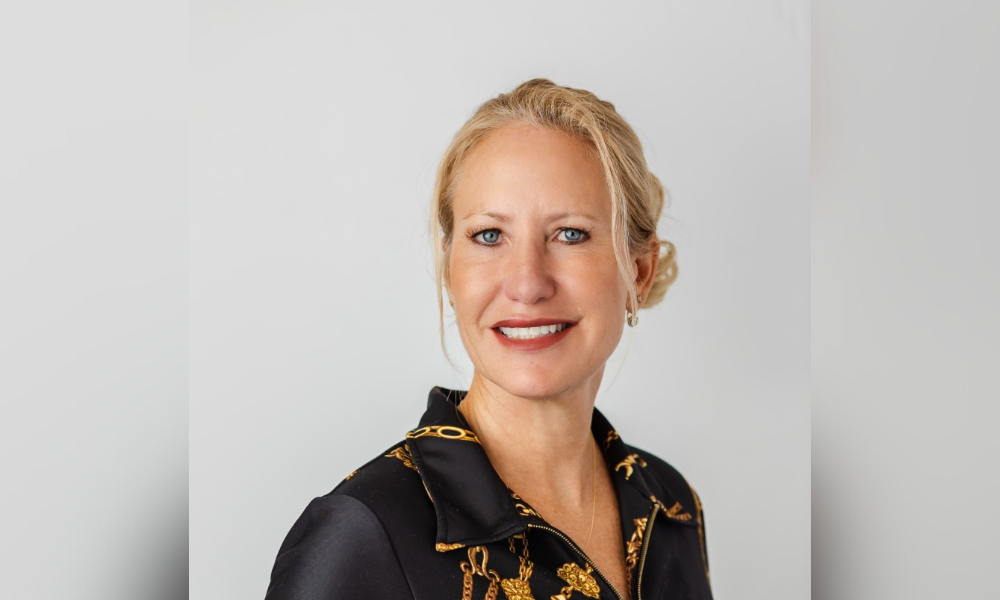Financial education advocate explains cultural barriers, and why advisors need to build 'safe spaces' for female clients

Given the backdrop of growing lifespans, grey divorces, and trends in inheritance, women investors are becoming far more influential as a market today than they were in decades past. But despite that progress, one advocate says there’s much more work yet to be done.
“There's a massive opportunity to working with female investors [given] the tsunami of wealth that's going to be in the hands of women,” says Tuula Jalasjaa, founder of the Women’s Collection. “And yet, I'm not really seeing a massive shift in the industry on how this is being tackled.”
A 23-year veteran of the industry, Jalasjaa works with firms and organizations across the world to introduce women to the fundamentals of personal finance, investing, and wealth creation. Her efforts to organize educational sessions and talks for women have reached as far as India and Saudi Arabia, and more recently, the Cayman Islands in the Caribbean.
“The Cayman Islands is known as this epicentre of financial services, and yet the financial literacy gap is huge, even among women in the industry,” Jalasjaa says. “People say ‘You work for a hedge fund; you must know about investing.’ And they just nod their head instead of saying ‘No, that’s not what I do. I don’t know anything about that.’ So these women in financial services are actually at an even bigger disadvantage with investing because of their greater fear of speaking up.”
In some countries, culture can get in the way of women’s financial literacy, particularly where learning has not been allowed for the so-called weaker sex. Long-standing traditional structures – where wives may not deal with money the same way their husbands do, for example – can also be a barrier. For Jalasjaa, the challenge is to make people acknowledge that without both partners involved, the family is potentially putting their future at risk.
But across the world, Jalasjaa sees common themes playing out in the broader story of women’s financial literacy gap. Aside from a tendency to put others’ priorities ahead of their own needs, she’s found women are more likely to have little confidence in their ability to invest and understand financial concepts. There’s also a widespread hesitation to speak up and raise questions about money.
“Sixty per cent of women would rather talk about their own death than money,” she says. “So they’re not talking about it with anyone, and they’re embarrassed to even ask a question … they become their own worst enemy, because nothing gets resolved, and it just stays status quo.”
While every country recognizes the importance of ensuring financial resilience among women, the efforts to address the problem so far have been fragmented and piecemeal. Any fundamental shift to solve the problem, Tuula insists, will require a larger combined commitment from both the public sector and private organizations.
To help narrow the gap, she encourages advisors to ramp up their efforts to engage female clients, which includes taking a 360-degree assessment of their practice to get feedback from their female clients, measuring the growth of women in their client base, and collecting other data points. They should also recognize women think in a holistic and goals-based way, which means their financial plans should incorporate their lifestyles, visions for legacy, responsible investing objectives, and other aspects.
Any preconceived notions about women – that they’re less risk-tolerant than men, for example, or they’ll always have the same objectives as their spouses – should go out the window. Most importantly, she says advisors should create safe spaces for women to be vulnerable and admit the fact that they need education.
“You have to give some topical articles when meeting with them, encourage them to ask questions and speak their mind, and make them feel at ease,” she says. “They're not financial experts, they won’t know some of these specific financial terms and concepts, and they should be made to feel like that’s ok. … Everybody's learning.”



